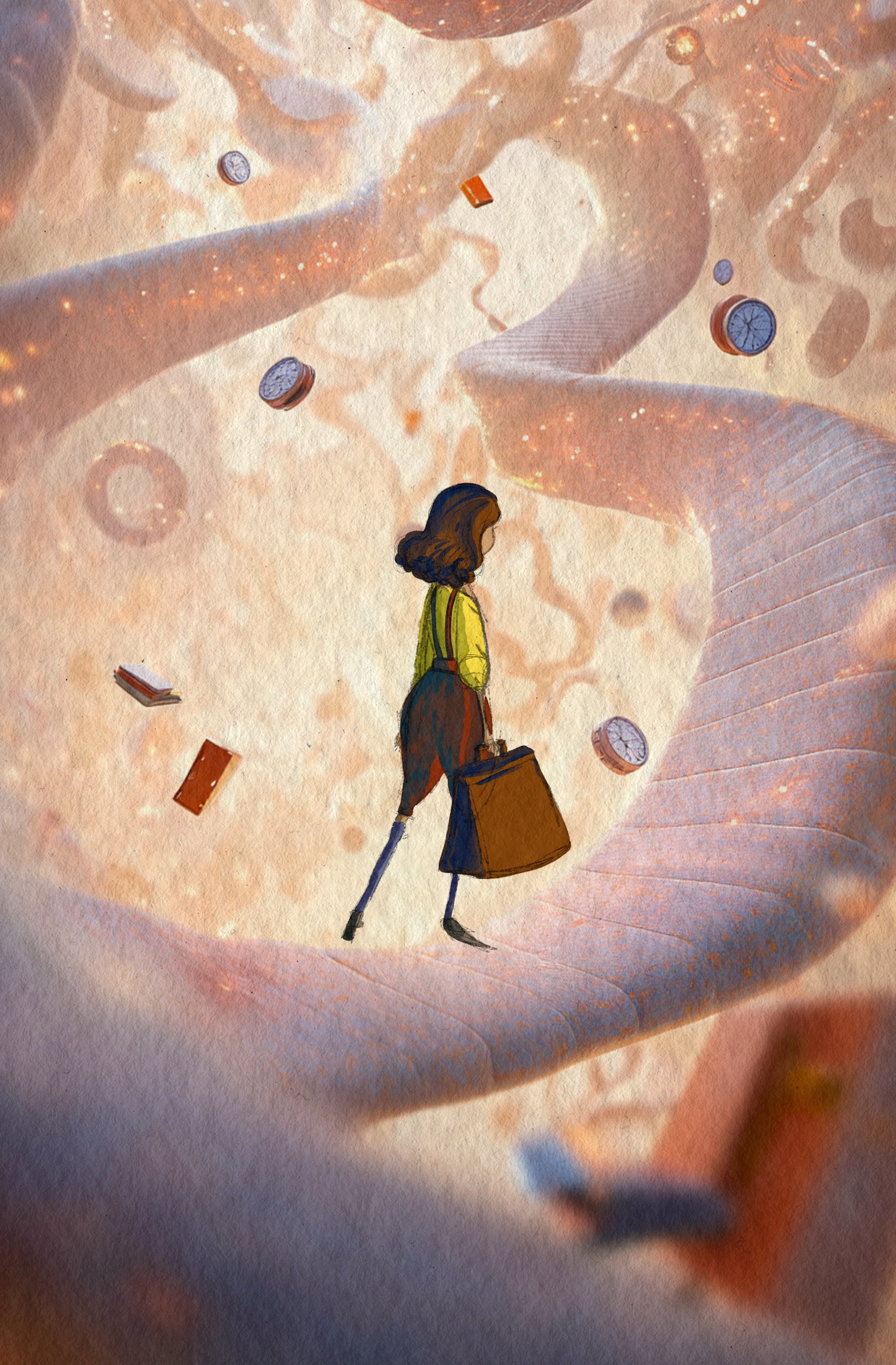About the Journal
Focus And Scope
From 2024, Rangahau Aranga will publish three issues annually, forming one complete volume per year. The three issues will be a themed issue, a methodology issue and a third issue of abstracts from AUT’s postgraduate research forum.
Themed issues will be cross-disciplinary, focusing on a theme or issue relevant to our communities. The Rangahau Aranga team will work alongside faculty members who will provide guidance and advice.
Methodology issues will invite submissions on the research approach, not conclusions. We believe this will be a valuable resource for students to widen their knowledge and understandings of different research methodologies.
AUT’s Graduate Research School will share the peer reviewed abstracts from that year’s postgraduate research forum. Publication is optional for students.
Submissions include research articles, research summaries, abstracts relating to existing or forthcoming theses and dissertations, editorials, reviews, commentary, and creative writing.
Equity, Diversity And Inclusion
Rangahau Aranga is supported by a diverse group of postgraduate student editors with emerging insight of scholarly and cultural expertise. The editors are particularly dedicated to supporting and encouraging new scholarship through detailed, and constructive refereeing. We are committed to publishing work that supports efforts to transform institutions and inspires students to actively contribute to a collective voice which is reflective of an equitable, diverse and inclusive scholarly culture.
The Name Of The Journal - Rangahau Aranga
The Māori words Rangahau (from the verb to seek or search and the noun research) Aranga (from the verb to emerge, ensue or arise) speak to the emerging and arising voices in our academic community. The naming of this journal was agreed through a consensual process of kōrero (or conversation and consultation) with the AUT Library Māori Engagement Group and the Office of Māori Advancement.
In honouring the words, Rangahau Aranga seeks to centre hitherto marginalised, less visible postgraduate researchers. Submissions from Māori and Pacific postgraduate academics are particularly welcomed. The journal will enable those at the beginning of their publication journey a unique, supportive opportunity to develop new skills, hone their academic writing skills and add to their profiles with citable, quality publication credits.
Open Access
Rangahau Aranga is a fully open access journal with content shared under an Attribution 4.0 International (CC BY 4.0) licence. Rangahau Aranga does not charge any fees for submission, publication or access to articles. Authors retain full copyright over their articles.
Although Rangahau Aranga is fully open access, authors may share pre-print and post-print versions at any time. Rangahau Aranga considers papers posted as preprints prior to submission.
Where appropriate, the journal will utilise the Local Contexts labels for indigenous research.
Publication Frequency And Submissions
From 2024, Rangahau Aranga will publish three issues annually, forming one complete volume per year. The three issues will be a themed issue, a methodology issue and a third issue of abstracts from AUT’s postgraduate research forum.
Peer Review
Submissions are reviewed on a collaborative basis by the editorial team with advice from academic subject specialists and faculty, incorporating the mentoring practice of the Tuakana-Teina model. The journal team is open to volunteers from the AUT postgraduate student community to contribute to peer review. This will provide valuable experience to emerging academics.
Journal Management
The management of submissions will be handled by members of the editorial team with guidance and support and training from the Tuwhera Scholarly Communications team. Copy-editing, proof reading and formatting duties will be carried out by a combination of the editorial team and other volunteers recruited from the AUT postgraduate community.
Each item published on Aranga will be given a DOI, be indexed by CrossRef and preserved through CLOCKSS.

